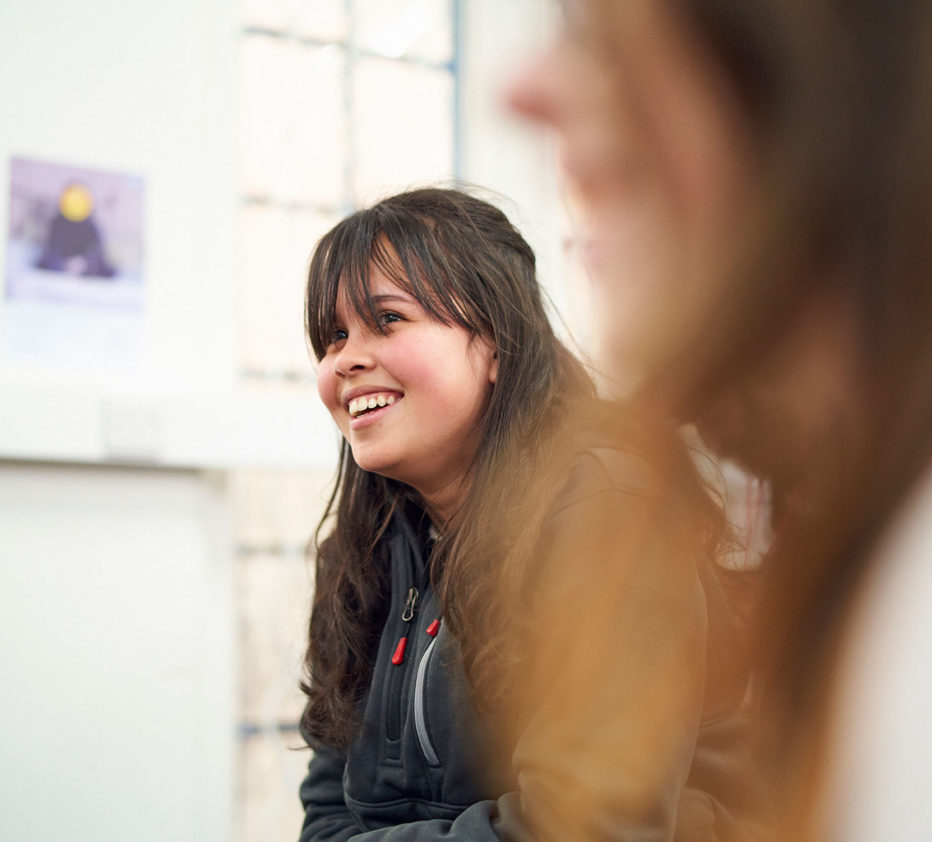Are you eager to explore the fundamental laws that govern our universe? Our A-Level Physics course offers a comprehensive journey through the core principles of physics, combining rigorous theoretical study with practical experimentation. Throughout this logical subject, you'll study fascinating topics such as particles, quantum phenomena, electricity, mechanics, materials and waves, momentum, circular and simple harmonic motion, gravitational and electric fields, magnetic fields, and nuclear and astrophysics.
Our state-of-the-art laboratories provide hands-on experience, allowing you to conduct experiments that bring complex concepts to life. This course not only deepens your understanding of the physical world but also hones your analytical and problem-solving skills, preparing you for a range of exciting careers in science, engineering, and technology. Join us to transform your passion for physics into a pathway to success.
You will need 5 GCSE's at grades 5-9, including grade 6 in Maths, Science at grade 6, or Physics and another science at grade 6.
| Study level | Cost | Additional fees |
|---|---|---|
| 16-18 | Free | You will need to provide your own stationery and study equipment. A mathematical calculator is also very helpful - we recommend the Casio fx-991EX ClassWiz model. |
This course is primarily laboratory based and taught using a combination of theory lecture sessions, practical experiments and other investigative activities.
You will be familiar with some of the topics through GCSE-level study but A-Level will deepen your knowledge and provide an exciting stepping stone to future study and employment as well as helping you to develop scientific understanding, logical analysis and critical thinking skills. At the end of the course, you will sit three examination papers: Paper 1 Particles, Waves, Electricity & Periodic Motion (34%), Paper 2 Thermal Physics, Fields & Nuclear Physics (34%) and Paper 3 Practical skills & Astrophysics (32%).
English and mathematics are very important subjects that will equip you with the key skills to help you to achieve your best in your A-Level studies and progression towards your future career.
In order to study A-Level Physics, you will need to have achieved GCSE mathematics at grade 6 or above.
Our A Level programmes allow you to choose multiple subjects, enabling you to study 3–4 A Levels over two years or combine them with equivalent vocational qualifications, with each subject taught for 4 hours and 30 minutes per week across three separate lessons and your timetable determined by your chosen subjects (provided at the start of the academic year).
Although you are not required to be on campus when you do not have a timetabled lesson, we strongly recommend making effective use of our learning facilities and resources during these periods to stay on top of your work.
The A-Level specification is designed to stimulate your prior interest and curiosity in topics relevant to the real, physical world and develop your understanding and appreciation of its natural beauty and structure.
In Year 12, you will study a variety of topics, including:
Particles & Quantum Phenomena
Electricity
Mechanics
Materials and waves
During Year 13, you will study:
Momentum
Circular and simple harmonic motion
Gravitational and Electrical Fields
Magnetic Fields
Nuclear physics and Astrophysics
Upon completing this course, you’ll be well-prepared to pursue higher education in physics, engineering, or related disciplines at top universities. Your strong analytical and problem-solving skills will also make you a competitive candidate for degree apprenticeships and careers in research, technology, and various engineering sectors. Join the ranks of our successful alumni who have progressed to prestigious institutions and rewarding professions.
Find out everything you need to know about Sunderland College and our exciting range of courses!
Register for our next open event


Rated Outstanding in all areas by Ofsted
Ofsted, 2024

94% Overall pass rate for T Levels
2022-23

Top performing college group in the North East for student achievement
NARTS, 16-18 Students, 2024

We have International award winning Immersive Spaces at both Bede and City Campus